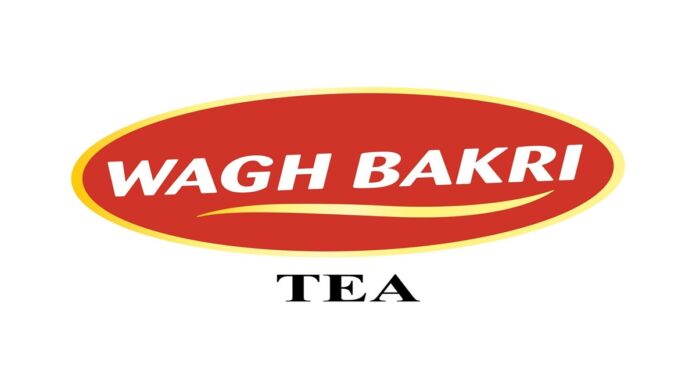By Krishna Barot
Despite unfavorable climate conditions and the early annual closure of tea gardens, which resulted in a tepid year for India’s tea industry, the Ahmedabad – based Wagh Bakri Tea Group has maintained a steady upward trajectory in the market.
Speaking to the media, company CEO Sanjay Singal revealed that, with its annual value growth ranging between 10% – 12%, the tea major is planning to expand its footprint in the country.
Also Read Record RE addition of 30 GW, policy push for storage, hybrid energy Unincorporated sector adds 11 million jobs in 2023-24 PM Modi to seek ideas for sustaining growth amid global uncertainties Investment boost! Chhattisgarh secures Rs 15,184 crore worth proposals across sectors Also ReadL&T bags orders in India and abroad for its Power Transmission & Distribution business
With annual sales touching and impressive 60 million kgs, Wagh Bakri to establish a new manufacturing unit in Dakor in Gujarat. “Our plant should be operational by Q3 of 2025,” Singal said adding that “with an investment of over Rs 100 crores, the unit will constitute a temperature-controlled raw material storage plant, a state-of-the-art ASRS (Automated Storage and Retrieval System) and an instant tea-blending production system.”
The instant tea-blending line will bolster the company’s production capacity from 3,000-4,000 packets daily to 20,000-30,000 packets. Owing to an increasing demand for convenience amongst urban consumers, Singal cited instant tea mixed as one of Wagh Bakri’s most popular products.
Additionally, he mentioned that the unit’s increased storage capacity will allow the company to procure more tea from vendors across Northern and Southern India. “As our volume growth is higher than the industry standard, we are procuring, storing and processing more raw material. The new unit will enhance the storage capacity of 12-15 lakh chests of 14 kg each.”
Presently, Wagh Bakri is ranked as India’s third largest tea manufacturing company. The recent AC Nielsen’s report has pegged the company’s market share at 9%. The company intends to increase its presence across Southern and Eastern states, where it faces stiff competition from brands such as Tata and Godrej.
Singal maintained that the company will focus on catering to its domestic consumer base, although 12%-15% of the company’s 60 million kg sales come from exports to over 60 countries.
» Read More


